OpenAI is driving the development of intelligent assistants capable of adapting to individual user needs.

Sam Altman, CEO of OpenAI, outlined an ambitious vision for the future of artificial intelligence: transforming ChatGPT into a centralized, personalized subscription tool that seamlessly integrates into its users' lives. During his participation in the AI Ascent 2025 event, organized by Sequoia Capital, the executive reviewed his company's evolution, detailed the main milestones in its development, and outlined the next steps in its technological strategy.
As reported by The Crypto Times, Altman explained that OpenAI's goal is to transform ChatGPT from a simple conversational interface to an AI capable of "remembering the entire context of a person's life," from emails and conversations to everyday decisions, integrating with other services and devices without the need for retraining.
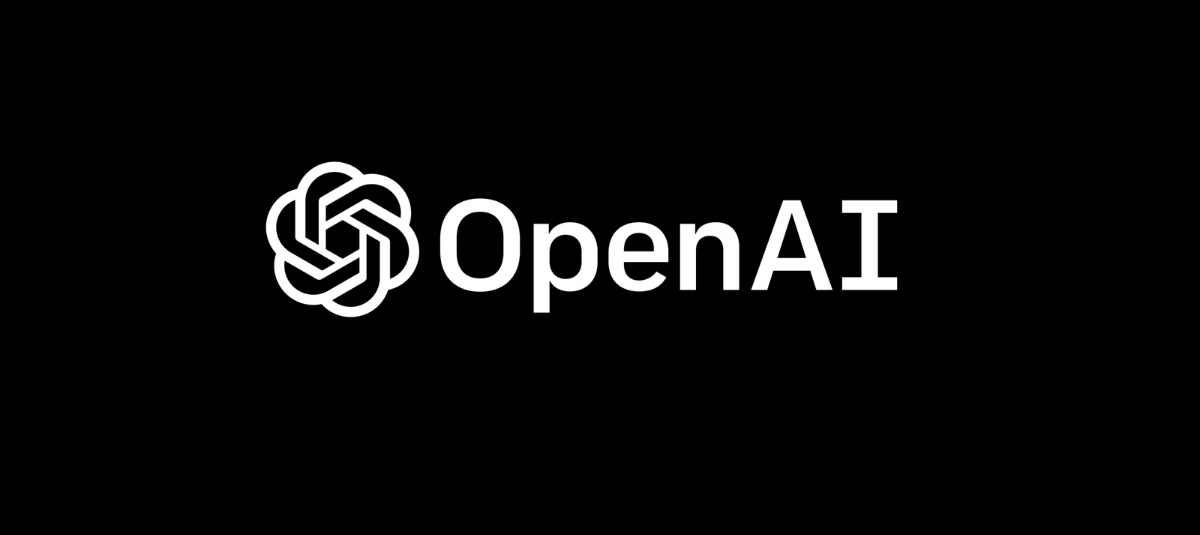
The goal is for OpenAI to become more personalized. Photo: OpenAI.
Founded in 2016 as a small research lab with just 14 members and no defined business model, OpenAI began developing systems for playing video games and manipulating objects using robotic hands. According to Altman, in those early days, they didn't even consider creating a commercial product. "Not only was the idea of a company or a product unimaginable, but language models were still a long way off," the CEO recalled during the event.
The company first launched a developer API, followed by Dall-E, an image generation tool. However, the turning point came with the development of GPT-3, which showcased the potential of language models for large-scale applications. ChatGPT, publicly launched on November 30, 2022, marked a milestone: it currently has more than 500 million weekly users , according to data shared during the event.
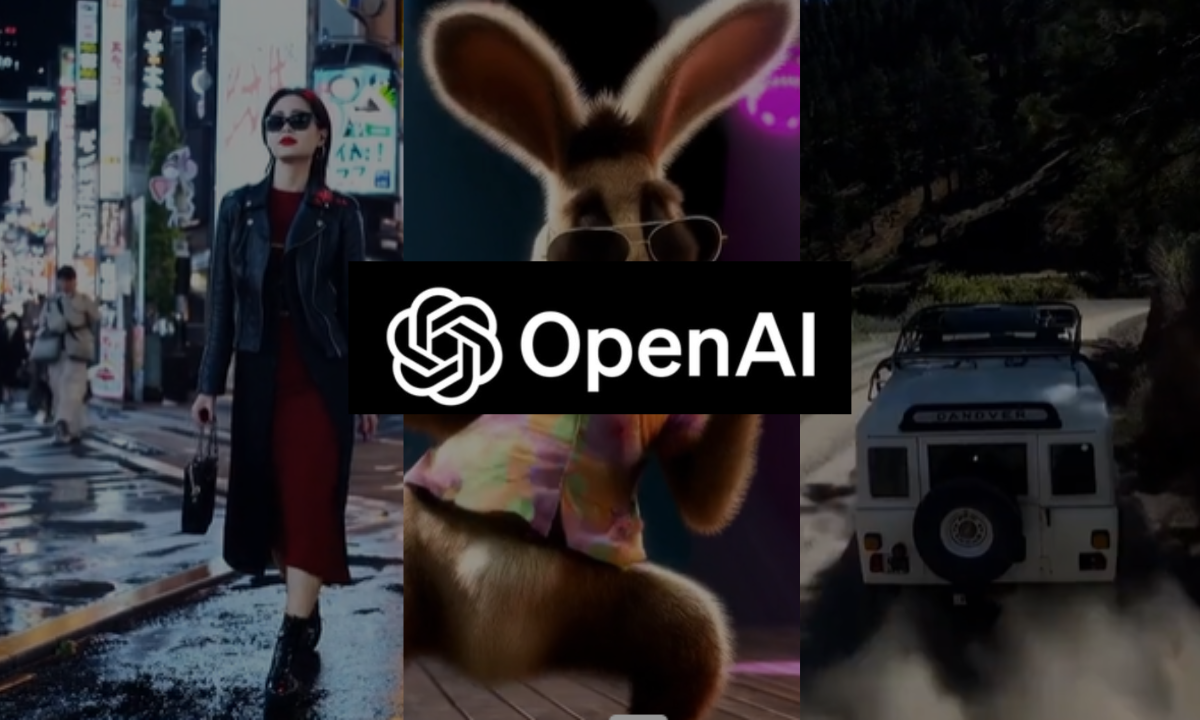
It currently has more than 500 million weekly users. Photo: OpenAI
Altman described the future of ChatGPT as a “central AI subscription service,” capable of acting as a highly personalized, permanent assistant. This ideal AI, he explained, should be able to access all relevant user data, understand it in context, and perform complex tasks. While he admitted that this level of personalization isn’t yet technically possible, he maintained that current versions of AI are an initial step toward that goal.
“The immediate future will be about agents that perform tasks, especially in coding, and AI that helps discover new scientific knowledge ,” the executive anticipated. He also foresees deeper integration between artificial intelligence, voice, and graphical interfaces, which would give rise to a new generation of devices.
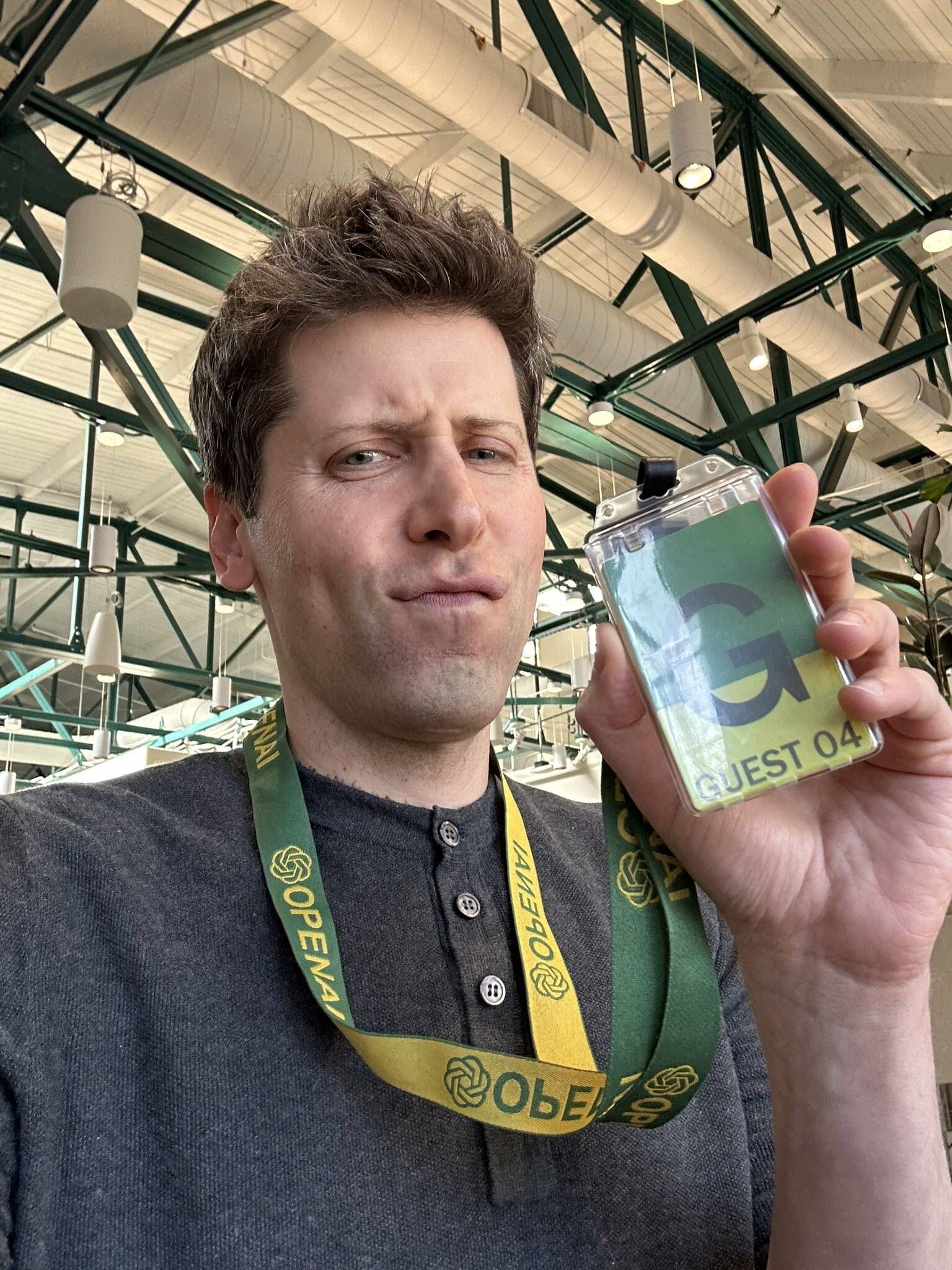
Sam Altman, creator of ChatGPT. Photo: Social Media: Sam Altman
During the interview, Altman highlighted a clear generational gap in AI use. While adults mostly use it as a substitute for search engines, younger people tend to view it as a true personal operating system. “Young people are already using AI as an operating system, not just a search engine,” he stated.
This pattern is also replicated in the business environment. Altman noted that startups, by having more agile structures, demonstrate greater adaptability compared to large corporations, which often slow down due to internal bureaucracy. At OpenAI, the organizational strategy prioritizes small teams with large responsibilities, which has allowed them to launch multiple products in the last six months.
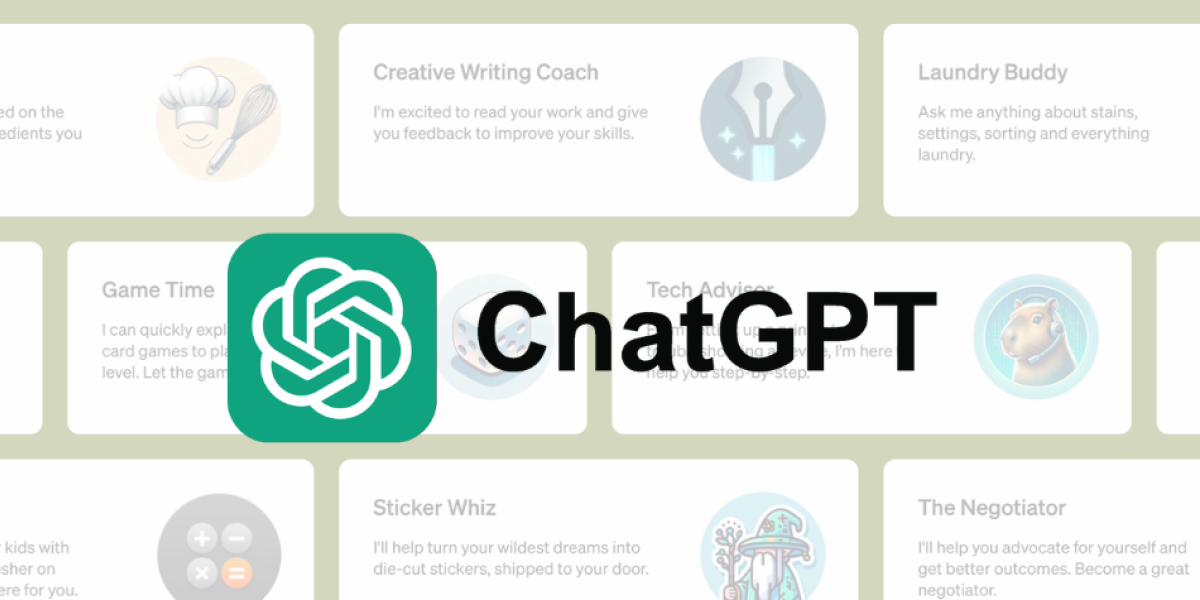
The chatbot is frequently updated to improve the user experience. Photo: Open Blog
Among his short- and medium-term projections, the OpenAI CEO maintained that AI agents will play a key role in coding and generating relevant scientific discoveries . He also anticipated that robots will cease to be experimental elements and become actors with real economic value.
Altman stated that sustainable economic growth will depend largely on advances driven by artificial intelligence and its practical application in various sectors. OpenAI's roadmap includes improving technological infrastructure, building smarter models, and integrating AI into all aspects of everyday life.
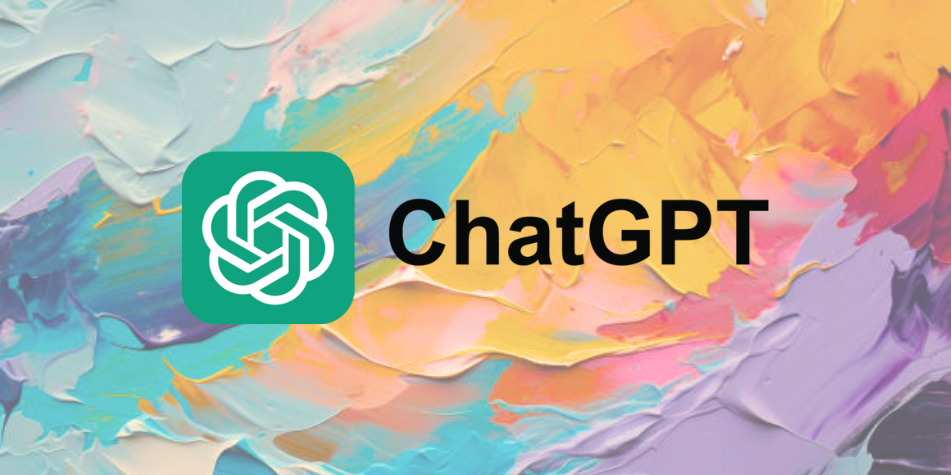
They're looking for OpenAI to improve the technological infrastructure. Photo: iStock.
In closing his remarks, Altman shared personal reflections on leadership and business resilience. He stated that the ability to overcome crises is strengthened with experience and that business growth entails emotional challenges that, over time, become more manageable. “Resilience is strengthened with experience, in the face of adversity,” he concluded.
With this vision, OpenAI seeks to establish itself not only as a technology company, but as a central platform in the lives of millions of people, with artificial intelligence capable of accompanying, remembering, reasoning, and acting based on the needs of each individual.
*This content was written with the assistance of artificial intelligence, based on publicly available information released to media outlets. It was also reviewed by a journalist and an editor.
More news in EL TIEMPO DIGITAL REACH EDITORIAL
eltiempo





